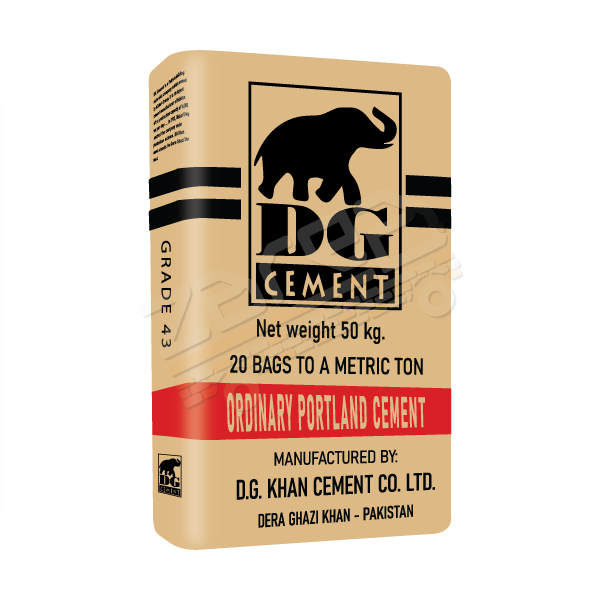
Cement is a key ingredient in concrete and plays a crucial role in construction. Here are some important aspects of cement:
Types of Cement
- Portland Cement: The most common type, used for general construction.
- Blended Cement: Made with a mixture of Portland cement and other materials like fly ash or slag.
- Rapid-Setting Cement: Cures quickly, ideal for projects requiring fast strength gain.
- White Cement: Aesthetically pleasing, often used for decorative applications.
- Sulphate-Resistant Cement: Used in environments with high sulphate exposure.
Properties
- Strength: Provides excellent compressive strength.
- Durability: Resistant to weather and chemical attacks.
- Workability: Can be mixed with water and aggregates to form concrete.
- Setting Time: Varies depending on the type and environmental conditions.
Uses
- Concrete Production: The primary binder in concrete mixtures.
- Mortar: Used for binding bricks and blocks.
- Grouts: Filling gaps and providing stability.
- Paving: Ideal for roads, sidewalks, and driveways.
Considerations
- Environmental Impact: Cement production is energy-intensive and a significant source of CO2 emissions. Sustainable alternatives and practices are being developed.
- Safety: Use protective gear when handling cement, as it can cause skin irritation.
If you need more specific information or guidance on a particular aspect of cement, feel free to ask!
No Responses